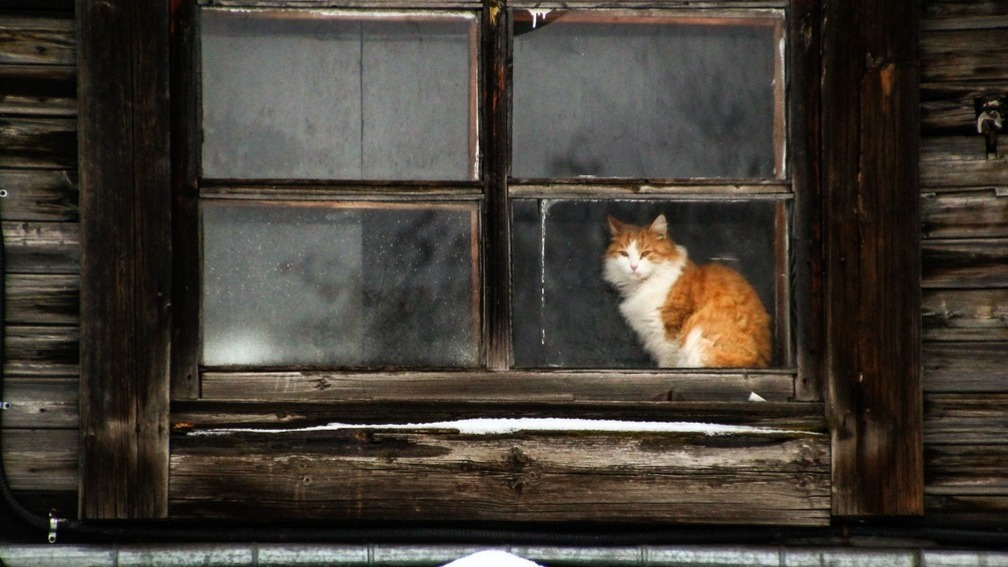Posted 3 июля 2023, 10:59
Published 3 июля 2023, 10:59
Modified 3 июля 2023, 13:27
Updated 3 июля 2023, 13:27

Why animal feed and veterinary medicines are becoming more expensive in Russia
Over the past three years, keeping pets in Russia has risen in price by 10 thousand rubles a year. Such data is provided by the NAFI analytical center. Spending on pets has increased especially strongly since last year.
«Pet owners spend on average 3 thousand rubles a month or 39 thousand rubles a year on their pets. Since 2019, these expenses have increased almost 1.5 times — by 10 thousand rubles a year. The largest items of expenditure are feed (77%), preventive veterinary medicine (40%) and transport (paid transportation — 24%)», — the study says.
Problems with nutrition for cats and dogs began last year, when two effects were imposed: on the one hand, sanctions, on the other, the emergence of new requirements of the Rosselkhoznadzor, which Western manufacturers refused to comply with. As a result, the feed began to become more expensive, because they began to be transported by parallel import, or disappeared altogether.
Wildberries analysts note a twofold increase in demand for feed on their marketplace.
«Most often, Russians buy dry food, which they spend about 1.5 thousand rubles for a package weighing 2-3 kg», — Wildberries representatives told Kommersant.
According to State Duma deputy Vladimir Burmatov, the problem with feed in the country really remains, but it concerns more specialized feeds for allergic animals or with chronic diseases. Standard feed is produced in sufficient quantities inside the country, when this niche was freed up, many food companies that previously had nothing to do with the zoo market took up this topic.
«Complaints about prices or feed interruptions primarily concern veterinary feed,» the deputy says, «these are therapeutic and preventive, not mass—demand feed. This is a very narrow segment that is used for animals with health problems. Prices have been rising for a year and a half. The problem is that this market of premium and therapeutic and prophylactic feeds is practically monopolistic and not import-substituted. Supplies are being hidden, becoming more expensive, logistics is becoming more complicated, distributors are putting all these risks into the price. This is such a post-sanctions syndrome. According to our estimates, compared with the beginning of last year, prices for such feeds have increased by about 30-40%. And somewhere around fifty. As for the mass segment, the situation there is simpler. The competition there is much higher, I contacted the FAS and the prosecutor's office about this, and these departments actually did a lot of work last year to bring sellers to their senses. There were examples when prices for certain items increased five times in the spring of last year. We don't see that today».
With medicines for animals — no better
According to animal rights activists, who regularly buy large quantities of feed and medicines, veterinary pharmacology is right now going the same way that feed went last year. Imported brands began to disappear from the shelves, domestic ones appear slowly. Plus medicines are still not food. The reaction to the replacement of the drug may be tougher.
«We lost our way in search of a popular drug for the treatment of animals from ticks „Simparika“, — says the owner of two dogs Anna, — in veterinary clinics and vetapteks there are some remnants of a drug for small-weight animals. And for large and medium-sized ones, everything is already gone, and no one can say whether it will be brought again. The alternative is a Russian drug, which has mixed reviews».
According to Vladimir Burmatov, at the moment there is a stage of bargaining between Western drug manufacturers and the Rosselkhoznadzor, which requires new certificates for medicines to be obtained by September. Pharmaceutical companies simply refuse to pass certification, they say, buy it as it is.
«The situation with veterinary drugs is now much more complicated than with feed,» the deputy says, «now there is blackmail, which was a year ago on feed. We talked with the head of the Rosselkhoznadzor last year and just the other day. European manufacturers refuse to comply with our certification requirements, they say: we will not receive certificates, take them if you want, you will have a shortage, and then you will feel what sixty million animal owners are. Now the same measures are being discussed as last year with regard to feed: certification of products from friendly countries: Asia, Latin America. It helped with the feed».